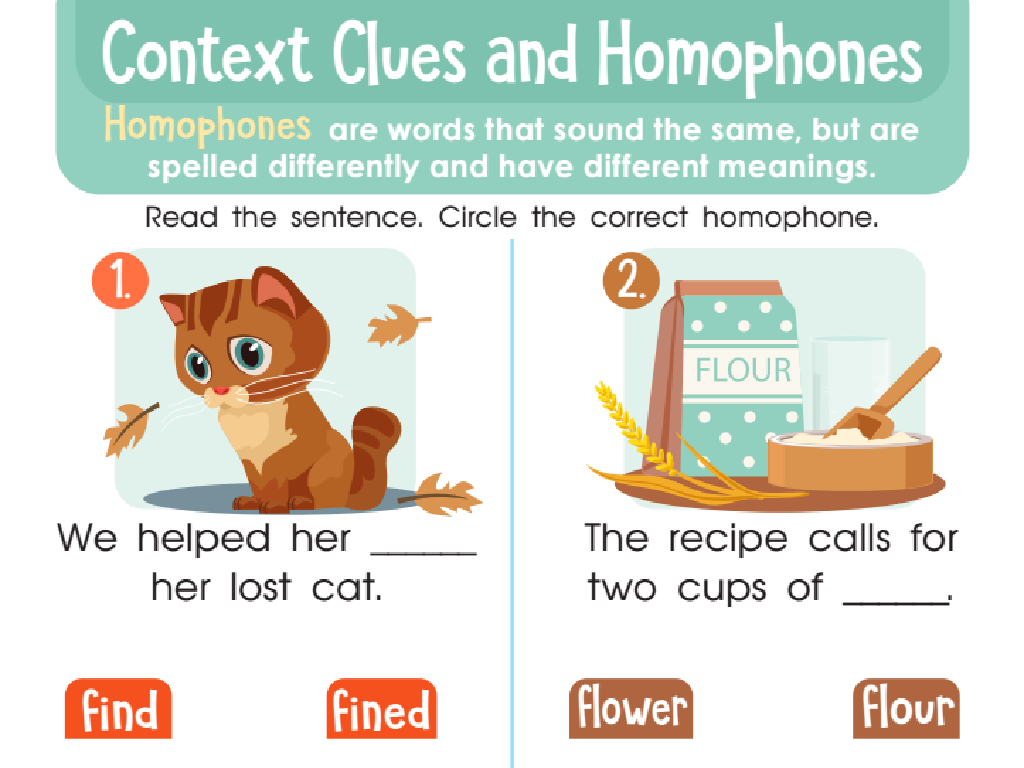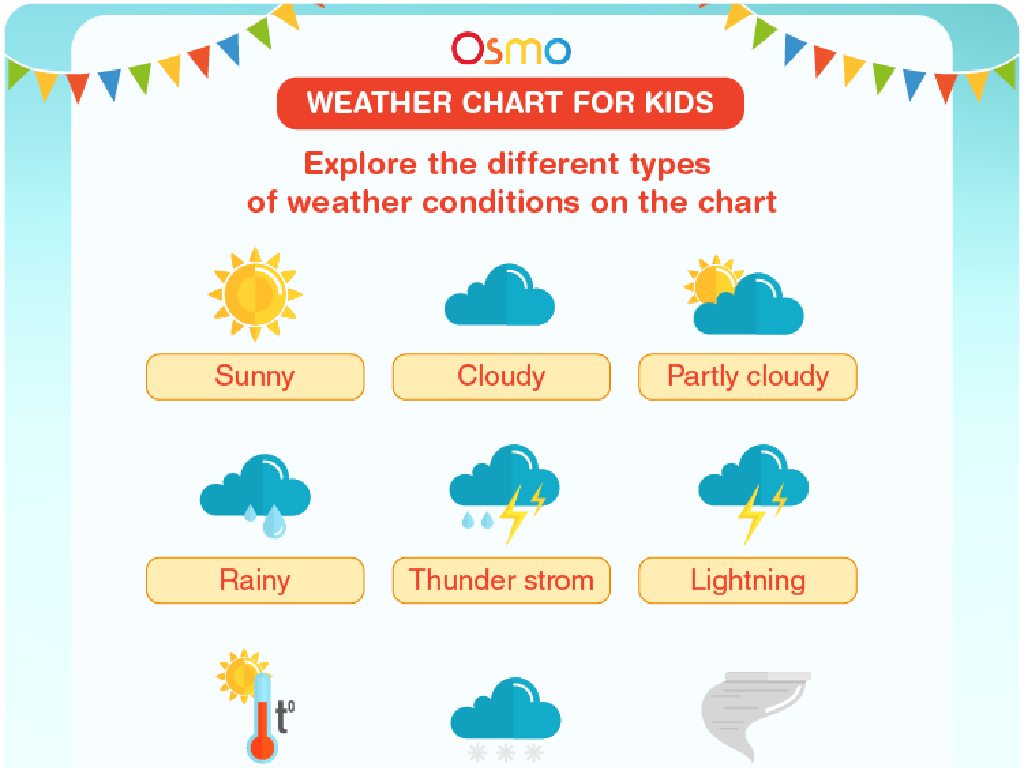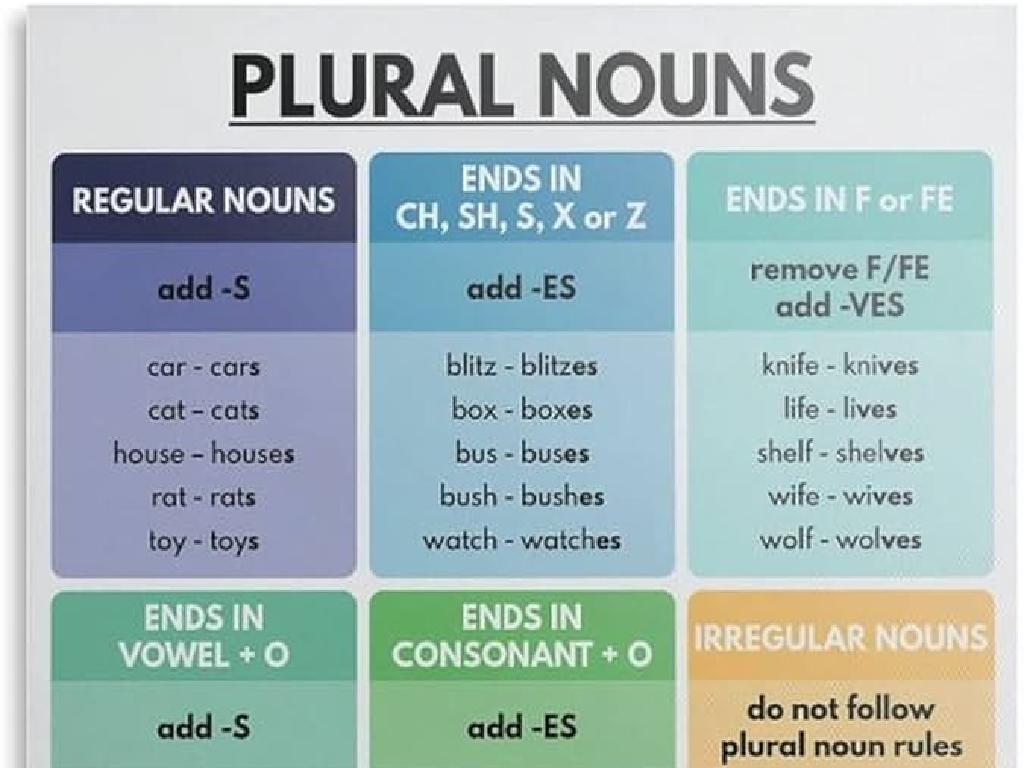Employment
Subject: Life skills
Grade: High school
Topic: Financial Literacy
Please LOG IN to download the presentation. Access is available to registered users only.
View More Content
Introduction to Employment and Financial Stability
– Employment’s role in stability
– A steady job provides consistent income and helps manage expenses.
– Types of employment
– Full-time offers benefits; part-time may offer flexibility; freelance allows control over workload.
– Employment’s impact on finances
– Earning money through work is crucial for meeting financial goals and obligations.
– Significance in financial literacy
– Understanding employment is key to making informed financial decisions.
|
This slide introduces the concept of employment as a cornerstone of financial stability. It’s important to discuss how having a job, whether full-time, part-time, or freelance, contributes to a person’s ability to earn money and support themselves. Highlight the differences between employment types, including the stability and benefits of full-time work, the flexibility of part-time jobs, and the autonomy of freelance work. Emphasize that employment is a critical aspect of financial literacy, as it affects budgeting, saving, and investing. Encourage students to consider their future employment preferences and how those choices will impact their financial well-being.
Finding Employment: Strategies and Tools
– Explore job search platforms
– Use online job boards, attend networking events, and visit job fairs.
– Craft a professional resume
– Highlight your skills, experiences, and achievements.
– Write an engaging cover letter
– Tailor your cover letter to the job and company you’re applying for.
– Prepare for job interviews
– Research the company, practice answers, and dress appropriately.
|
This slide aims to equip students with the necessary tools and strategies to effectively search for jobs. Emphasize the importance of utilizing various platforms for job hunting, including online job boards, networking opportunities, and job fairs. Discuss the key components of a professional resume and how to make it stand out to employers. Guide students on how to write a cover letter that showcases their interest and qualifications for the position. Finally, provide tips for job interview preparation, such as researching the company, practicing responses to common interview questions, and making a positive first impression with appropriate attire. Encourage students to engage in role-play activities to simulate interview scenarios.
Essential Workplace Skills
– Effective communication skills
– Conveying ideas clearly and listening actively
– Teamwork and collaboration
– Working well with others to achieve a common goal
– Problem-solving techniques
– Approaching challenges with logical solutions
– Time management and organization
– Prioritizing tasks and maintaining an organized workspace
|
This slide aims to highlight the key skills that are necessary for success in any workplace. Effective communication is about expressing ideas clearly and listening to others. Teamwork involves collaborating with colleagues to meet company objectives. Problem-solving is the ability to find solutions to obstacles and challenges that arise. Time management and organization are crucial for meeting deadlines and keeping work structured. Encourage students to develop these skills through class activities, group projects, and time-bound assignments. Discuss how adapting to different workplace cultures and expectations is also a vital skill, and provide examples of professional behavior and adaptability.
Employee Rights and Responsibilities
– Know your employee rights
– Fair wages and safe conditions are your legal rights.
– Fulfill your job responsibilities
– Adhere to policies and meet your job’s expectations.
– Recognize the role of contracts
– Contracts outline the terms of your employment.
– Comprehend your employment agreement
– Understanding agreements prevents future disputes.
|
This slide aims to educate high school students on the fundamental aspects of employment, focusing on their rights and responsibilities in the workplace. It’s crucial for students to understand that they are entitled to fair wages and safe working conditions by law. They should also be aware of their responsibilities, which include adhering to company policies and fulfilling the expectations of their roles. Highlight the importance of employment contracts, which legally bind the terms of employment, and stress the necessity of thoroughly understanding these agreements to avoid any future misunderstandings or disputes. Encourage students to ask questions about any terms they do not understand and to seek clarification when necessary.
Financial Aspects of Employment
– Understanding your paycheck
– Learn the difference between gross and net income, and common deductions like taxes.
– Benefits of employment
– Explore health insurance, retirement plans, and the value of paid time off.
– Budgeting with your income
– How to allocate your net income for expenses, savings, and investments.
– Planning for financial stability
|
This slide aims to educate high school students on the financial aspects of employment, which is a crucial part of financial literacy. Start by explaining the paycheck components, including gross income (before deductions) and net income (after deductions), and why understanding these is important for personal finance. Discuss the benefits provided by employers, such as health insurance and retirement plans, and how they contribute to an employee’s overall compensation package. Emphasize the importance of budgeting, which involves planning for expenses, setting aside savings, and considering investments for future financial security. Encourage students to think about how they can apply these concepts to their future employment and financial planning.
Navigating Employment Scenarios
– Discuss real-life job situations
– Explore common workplace challenges and solutions.
– Role-play interviews/workplace
– Practice interviews and daily interactions to build confidence.
– Analyze job offers thoroughly
– Consider benefits, work culture, and growth opportunities.
– Look beyond just the salary
– Understand the value of health insurance, retirement plans, etc.
|
This slide aims to prepare students for the realities of the workplace by discussing various employment scenarios. Encourage students to think critically about the different aspects of a job offer, not just the salary. Role-playing interviews and workplace interactions will help them develop communication skills and understand professional dynamics. When analyzing job offers, guide them to consider other benefits such as health insurance, retirement plans, and opportunities for advancement. This holistic approach will empower students to make informed decisions about their employment opportunities and career paths.
Class Activity: Job Simulation
– Divide into small groups
– Simulate a job search process
– Use online resources to find job listings and requirements
– Conduct mock interviews and negotiate salaries
– Role-play interviews, practice body language and responses
– Reflect and share experiences
– Discuss the importance of negotiation skills for fair compensation
|
This activity is designed to provide students with practical experience in the job search process. By dividing the class into small groups, students can take on different roles such as job seeker, interviewer, and HR manager. They will use online resources to find job listings that interest them and simulate the application process. During the mock interviews, students should focus on communication skills, body language, and answering common interview questions. The salary negotiation part will teach them the value of researching market rates and advocating for themselves. After the activity, encourage students to reflect on their experiences, share what they’ve learned, and discuss how they can apply these skills in their future job searches. Provide guidance and feedback throughout the activity to ensure a valuable learning experience.





